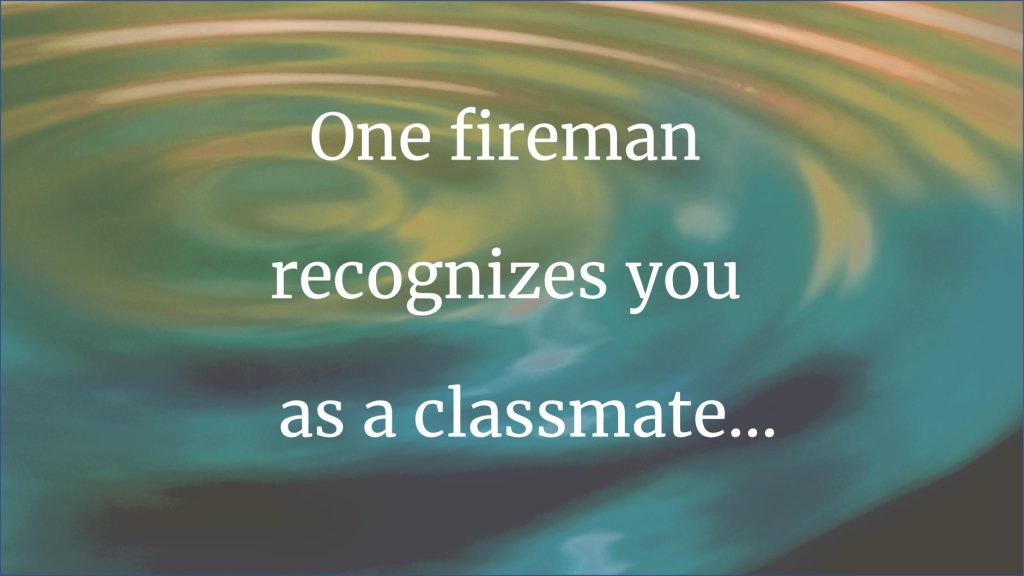When the ambulance doors shut, a fertile silence is wrought as patient and paramedic situate into the tight, mobile quarters. The patient, strapped backwards on the gurney like a carnival ride, stares upward at bright lights and cabinetry chock-full of colorful medication boxes. As the ambulance takes off toward the hospital, the paramedic begins an ataxic dance, hopping and twisting over blood pressure cords, pulse oximetry, heart monitor leads and IV tubing.
Patients may not be as forthcoming around large numbers of family, bystanders or medical personnel, but the atmosphere in the back of the ambulance is made for intimacy and truthful candor. I make sure they’re comfortable as can be, and then I continue the interview. Chief complaint, SAMPLE history, secondary issues, reassessing everything. Once it’s just the two of us on what can best be described as an awkward first date, we both open book and overshare.
Some joke or express their deepest pain and fears. Anxiety, stresses, regrets. The alcohol and pills they imbibed. The nagging injuries, traumas and diseases. I stay nonjudgmental.
COVID patients speak about the shame and small mistakes they made to contract it. One man on high-flow oxygen being transferred to the ICU


